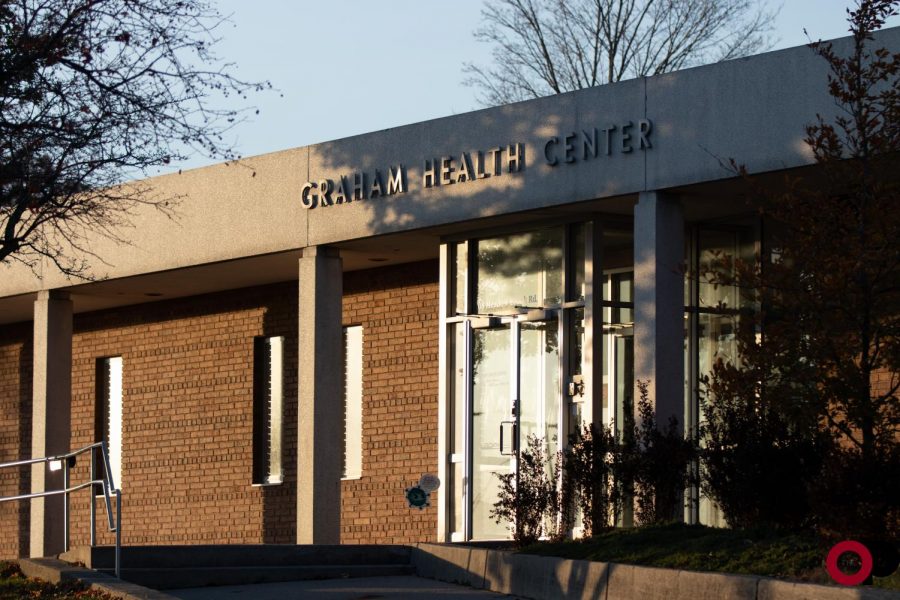Short staffed Counseling Center cuts programs, causes increasing waitlists
With the growth of the Oakland University student population, student services across campus have been attempting to make accommodations, particularly within the Counseling Center. The center promises six free counseling appointments and 13 total per student, but increasing demand has left the center short-staffed and unable to fulfill student needs.
According to director Dr. David Schwartz, the waitlist for appointments is roughly six weeks, meaning that students who call the center with non-emergency requests will not be seen until the winter semester.
The Counseling Center has also seen an increase in emergency calls, and according to Schwartz, the center does a daily average of seven hours of emergency services. The center currently has five full-time employees, and they rotate responsibility for all emergency situations on one assigned week day. With this, however, the center had to cut outreach programs that it’s had in the past in order to accomodate the crises on campus.
“It’s not like we aren’t doing any outreach … the urgent, more necessary type of outreach we’re still doing, but all the preventative work that we’ve done in years past, the screenings, the workshops, the trainings … we had to make the unfortunate decision of cutting all that to focus our resources on the overwhelming demands,” Schwartz said.
According to Schwartz, the lack of outreach and prevention programs may play a role in the increasing need for counseling and crisis management.
“The downside of that is prevention plays a very important piece in that demand,” Schwartz said. “If you’re doing prevention hopefully you’re reducing the potential demand, but it got to the point this year where we had to make the decision to prioritize.”
Compared to other universities of similar size both regionally and nationally, Oakland’s counseling center falls behind in staff-to-student ratio. According to Schwartz, there is a 1-3,600 staff-to-student ratio at OU, compared to the average of 1-1,500. Also, according to Schwartz, Oakland ranks almost last in staff nationally, with only one other school on par with the OU Counseling Center struggles.
In order to combat this issue, the Counseling Center is working with university administration to increase staff in areas that make sense for the community’s needs.
“Last year, the university gave us two new part-time positions that were given to us on a temporary basis after we had the tragedy on campus,” Schwartz said. “They are not permanent, every year positions, but they gave us those positions back to us this year … We [also] have a collaboration with the athletics department and we’re going to be hiring a full-time psychologist/sports psychologist.”
In addition to the sports psychologist, who will serve part time for the Counseling Center and part time for the athletic department, Schwartz is interested in creating group therapy programs for students to get support from and to increase the sense of community on campus.
While the counseling department is doing all it can to provide necessary services to improve student well-being and a positive campus community, Schwartz and administrators emphasized the purpose of the counseling center as a temporary bridge to individualized mental health care.
“I firmly believe that if there was an opportunity for on-going counseling services for an individual throughout their time at OU that there would be students who would want to take advantage of that,” Housing Director Jim Zentmeyer said. “The question is should the role of the university be to handle that initial tirage or those initial sessions … because the cost associated would be difficult for the university to be all things for all people.”








